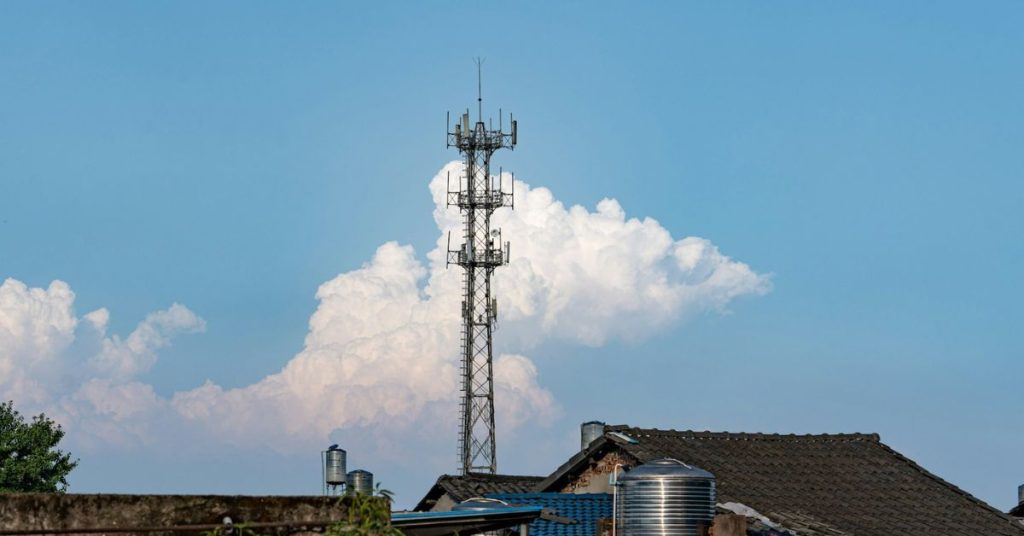CenHealth, a South African health-tech startup just launched a new service that gives users the means to keep an electronic personal health record that can be assessed on-demand across multiple platforms.
In what CenHealth is calling “the most advanced public health record system in [South Africa]”, users/patients can store health data ranging from vital signs, radiology reports to allergies and family health records in a cloud server. This, according to the firm, is a sharp deviation from previous offering where these vital data are stored in memory or scrappy papers.
Chief executive officer (CEO) of the company, Joel Ugborogho believes a cloud system could be more practical and efficient. “CenHealth strives to move away from a paper-based system where prescriptions, lab results and scans are scattered across files, to where you can hold all your health information in a single, secure hub online,” he said.
Against a backdrop of increased cyber-criminal activity globally, there are privacy and security concerns around this type of service. But as is evident from various privacy breaches of high profile individuals and organizations over the past year, users might not be savvy enough to recognize the risks of having their health information online and taking adequate measures to protect themselves. CenHealth’s FAQ touches on security, but mostly passes the responsibility to the user by urging them to adopt best online security practices.
CenHealth’s personal health record works alongside an Electronic Medical Record (EMR) which is managed exclusively by licensed practitioners to retrieve vital health data in the case of emergency. The startup intends to add monitoring and data collection devices like wearable health, fitness and activity trackers to its data collection funnel.
Bankole Oluwafemi contributed to this report.
Image via: CenHealth



















